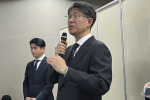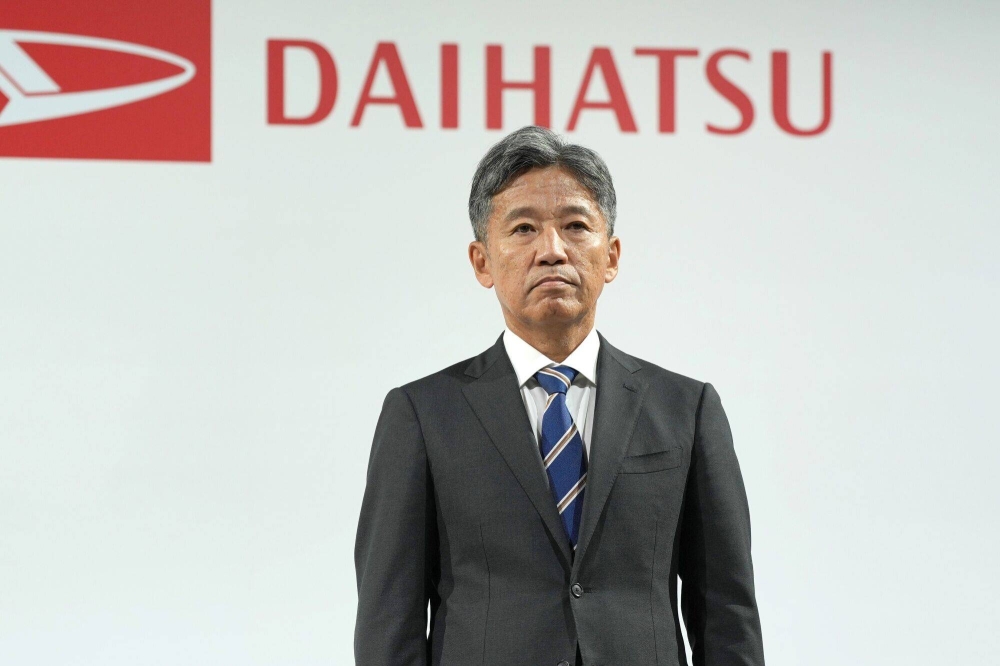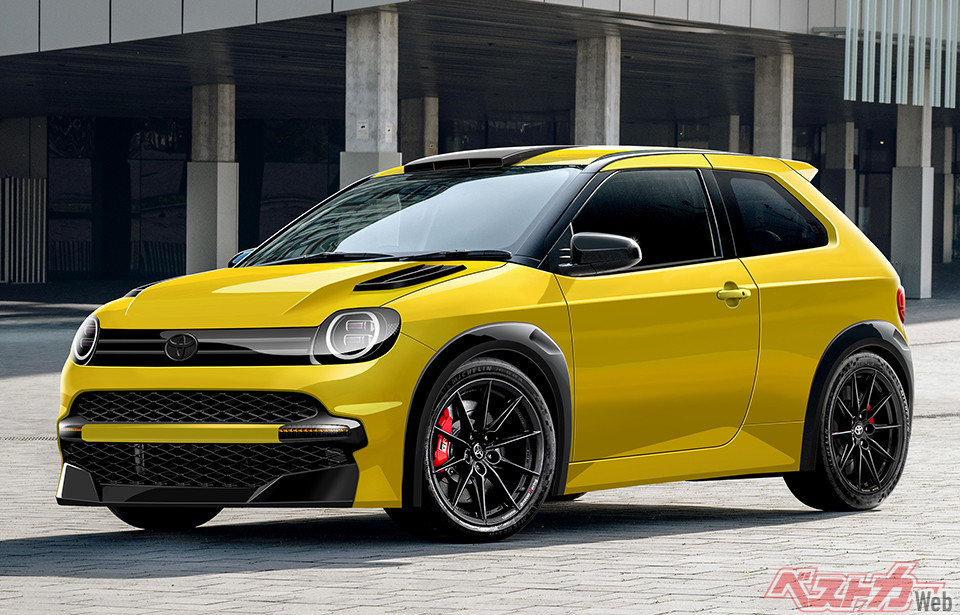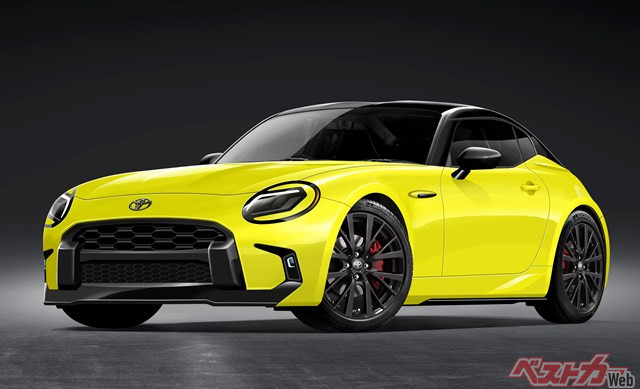Tragic Bronson
Expert
- Messages
- 2,831
- Reactions
- 3,431

Toyota chief apologizes for cheating on testing at group company — again
Toyota Chief Koji Sato has apologized to customers, suppliers and dealers for flawed testing at a group company, which follows similar problems in recent years.
TOKYO (AP) — Toyota chief Koji Sato apologized Monday to customers, suppliers and dealers for flawed testing at a group company, following a series of similar problems in recent years.
The apology came a day before Chairman Akio Toyoda is to announce a “global vision” for the Toyota Motor Corp. group.
The latest woes at Japan’s top automaker involve testing required for Japanese government approval at Toyota Industries Corp., which makes diesel engines.
False results were found for certification testing and other sampling inspections for engines which claimed the products met standards when they actually didn’t, according to Toyota.
“We will do our utmost to resume production as soon as possible,” Sato said at a hastily called news conference late Monday at Toyota’s Tokyo office.
“Management was not able to fully comprehend and keep track of the details of what was happening on the ground,” he said.
Skirting of required tests surfaced last year at Daihatsu Motor Corp., which makes small cars and is 100% owned by Toyota. That cheating, which came to light because of a whistleblower, spanned decades.
In 2022, Hino Motors, a truck maker that’s also part of the Toyota group, said it had systematically falsified emissions data dating back as far as 2003.
No major accidents have been reported in connection with any of the cheating, but the news has raised serious questions about oversight at the companies, as well as at Toyota.
Production has stopped for many Toyota group models until proper testing can be carried out, although people who already own the models can continue to drive them safely, according to the companies.
When asked about the root causes of the repeated scandals, Sato said better communication was needed among the companies, as well as a more thorough education about the importance of complying with rules.
He also acknowledged that workers were feeling pressure to cut corners in an intensely competitive industry. Toyota management needs to better understand what is happening on the ground as auto industry technology rapidly evolves, Sato said.
“We recognize that not only people at the testing site but also management did not have proper understanding of certification,” he said.
The latest problem affects 7,000 vehicles a month in Japan and 36,000 vehicles on a global level sold in Japan, Europe, the Middle East, Africa and Asia, but not in North America. They include the Land Cruiser and Hilux sport utility vehicles, according to Toyota.



